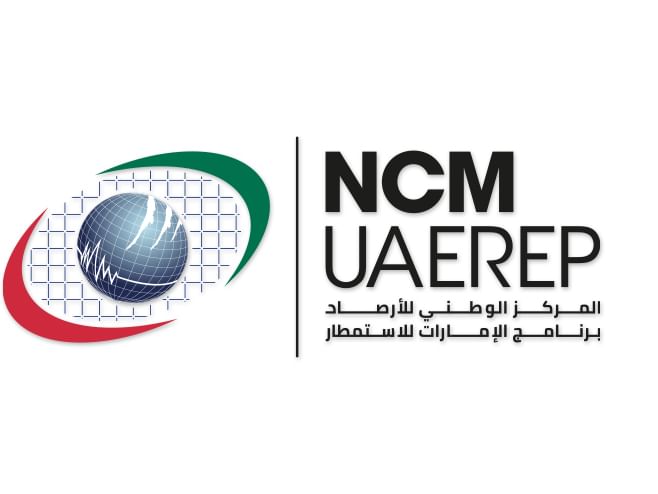– Specialized Vocational Program Under "Masar 33" Aims to Train and Employ 80
Citizens
– Sultan Bin Sulayem: Our Plans Align with National Vision and Goals
– Abdulla Mohammed Busenad: A Strong Commitment to Supporting
Nationalization Efforts in the UA
Dubai Customs is launching a significant initiative to train and employ 80 new high school graduates as “Customs Inspectors.”in line with the vision of the Dubai government and contributing to the goals of the Dubai Economic and Social Agenda, along with the leadership’s commitment to invest in citizens and increase Emiratisation rates.
This initiative is part of the department’s commitment to enhance the participation of citizens
in the economic development process and to support the UAE Centennial 2071 Plan goals
by investing in the youth and equipping them with the skills and knowledge necessary to
keep pace with global changes. The department has allocated a vocational program in
customs inspection for candidates selected from Ru’ya Careers UAE 2024, providing them
with professional training for seven months both domestically and internationally before they
take up available positions. This initiative is part of the pioneering “Masar 33” program
designed to meet Dubai’s agenda goals by mobilizing all resources and development plans
to ensure the highest quality of life for citizens in the emirate. “Masar 33″aims to enhance
the competitiveness of Emirati talent through various initiatives, professional programs, and
scholarships, establishing Dubai Customs as a cornerstone for advancing the national
human development system, boosting its efficiency and productivity, and increasing its
participation in economic sectors to meet Dubai’s leading aspirations for the future.
Program Objectives:
The vocational program aims to nurture and train new high school graduates by enhancing
their professional skills in line with the Dubai government’s vision. It seeks to integrate
citizens into the labor market from early stages, ensuring their future success and
competitiveness. Additionally, it focuses on building the capabilities of customs inspectors on
scientific and advanced training foundations to address security risks and protect the
community and economy from customs evasion and smuggling, achieving a 100%
nationalization rate in customs inspection at Dubai Customs.
Active Participation:
H.E. Sultan bin Sulayem, DP World Group Chairman & CEO and Chairman of Ports,
Customs and Free Zone Corporation, stated that the organization is committed through its
various initiatives and programs aimed at training and qualifying citizens to actively
contribute to the success of the UAE’s national vision, which is fundamentally based on the
Emirati workforce. He praised Dubai Customs for diversifying its projects in line with the
Dubai government’s plan and its social and economic agenda, enhancing the
competitiveness of citizens in the labor market for both the public and private sectors under
an ambitious strategy to encourage and promote nationalization policies.
Attracting Citizens:
H.E. Dr. Abdulla Mohammed Busenad, Director General of Dubai Customs, emphasized that
the department provides a range of specialized programs at the highest levels to attract
young citizens and involve them in the development process. Through “Masar 33” which
aligns with the objectives of the Dubai agenda and the leadership’s vision for enhancing
nationalization in both the public and private sectors, the programs enable citizens to gain
knowledge, field experience, and technical skills necessary for joining the labor market
through the approved career path. He noted that the initiative to train recent high school
graduates in customs professions builds upon Dubai Customs’ previous achievements in
qualifying citizens and the positive results attained through a series of diverse programs
covering the most in-demand job sectors. The department remains committed to enhancing
the efficiency of citizens and providing them with the professional opportunities they seek,
reinforcing its commitment to supporting nationalization efforts in the UAE.
Four Pillars:
Mohammed Al Ghaffari, Executive Director, Human Resources Division at Dubai Customs,
announced the opening of applications for the customs inspector training program during the
Ru’ya Careers UAE 2024 and provided the link to the official Dubai Government Jobs
website. The program is designed around four main pillars: digital skills programs, behavioral
programs, customs science programs, and security programs, alongside practical training in
the department’s customs centers and external training in collaboration with strategic
partners, which includes a comprehensive professional guidance program. He stated, “The
programs provided by Dubai Customs are increasingly popular among young citizens,
confirming the success of the department’ efforts in attracting national talent to shape future
leaders in customs work through various academic and specialized professional paths. This
offers new graduates the opportunity to qualify for roles in Dubai Customs, with 80 vacancies
allocated for graduates of the customs inspector training program.”

 World3 years ago
World3 years ago
 World3 years ago
World3 years ago
 Business1 year ago
Business1 year ago
 Entertainment7 years ago
Entertainment7 years ago
 World7 years ago
World7 years ago
 Entertainment7 years ago
Entertainment7 years ago






